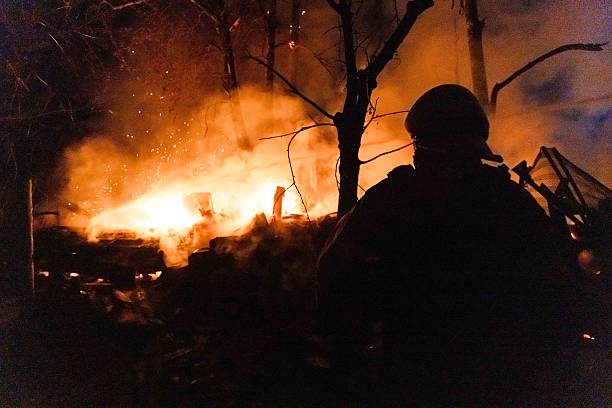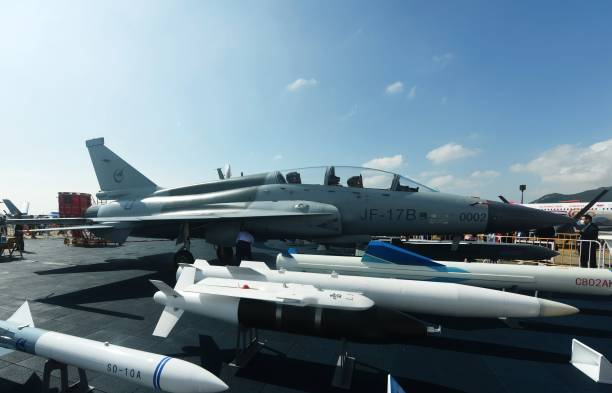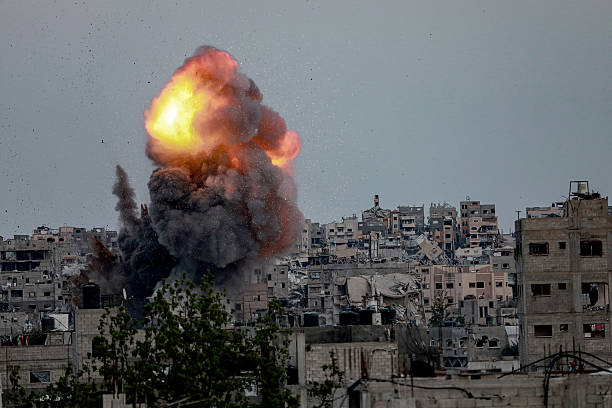IDF Chief warns of protests in the military
In a recent meeting, Israel Defense Forces (IDF) Chief of Staff Aviv Kochavi warned Prime Minister Benjamin Netanyahu that the growing trend of reservists protesting their refusal to serve in the West Bank could spread within the military.

An IDF reservist protesting in his uniform. (photo posted on Twitter by @drill_josh)
In a recent meeting, Israel Defense Forces (IDF) Chief of Staff Aviv Kochavi warned Prime Minister Benjamin Netanyahu that the growing trend of reservists protesting their refusal to serve in the West Bank could spread within the military.
The protests have been sparked by the recent surge in violence in the region, including clashes between Israelis and Palestinians, and the ongoing conflict between Israel and Hamas in Gaza. Some reservists have refused to serve in the West Bank due to concerns about the military’s actions there, while others have cited personal or moral reasons.
Israel: more elite IDF troops join anti-Netanyahu protests https://t.co/B2vXZ6AdVK
— Middle East Monitor (@MiddleEastMnt) March 8, 2023
Kochavi told Netanyahu that the protests could have a negative impact on the morale and discipline of the IDF if they continue to spread. He urged the government to find a solution to the situation, which he said could potentially undermine the military’s effectiveness and readiness.
The IDF has already taken steps to address the issue, including launching an investigation into the refusal of some reservists to serve in the West Bank. The military has also made it clear that refusing to serve is not an acceptable form of protest and can result in disciplinary action. However, the protests have continued to gain momentum, with some reservists even staging demonstrations outside military bases. The situation has become a major concern for the government and military leaders, who fear that it could escalate further and potentially undermine national security.
Netanyahu has yet to comment publicly on the issue, but he is reportedly considering options to address the situation. One proposal being considered is to increase the use of professional soldiers in the West Bank, which could reduce the reliance on reservists.
The IDF relies heavily on reservists, who make up around 40% of its total force. Reservists are typically called up for service during times of crisis or conflict, but their refusal to serve in the West Bank could have serious implications for the military’s ability to respond to future threats.
The situation highlights the growing divisions within Israeli society over the ongoing conflict in the region. It also underscores the challenges facing the IDF as it seeks to maintain its effectiveness and readiness in the face of mounting pressure from both external and internal sources.







Conversation